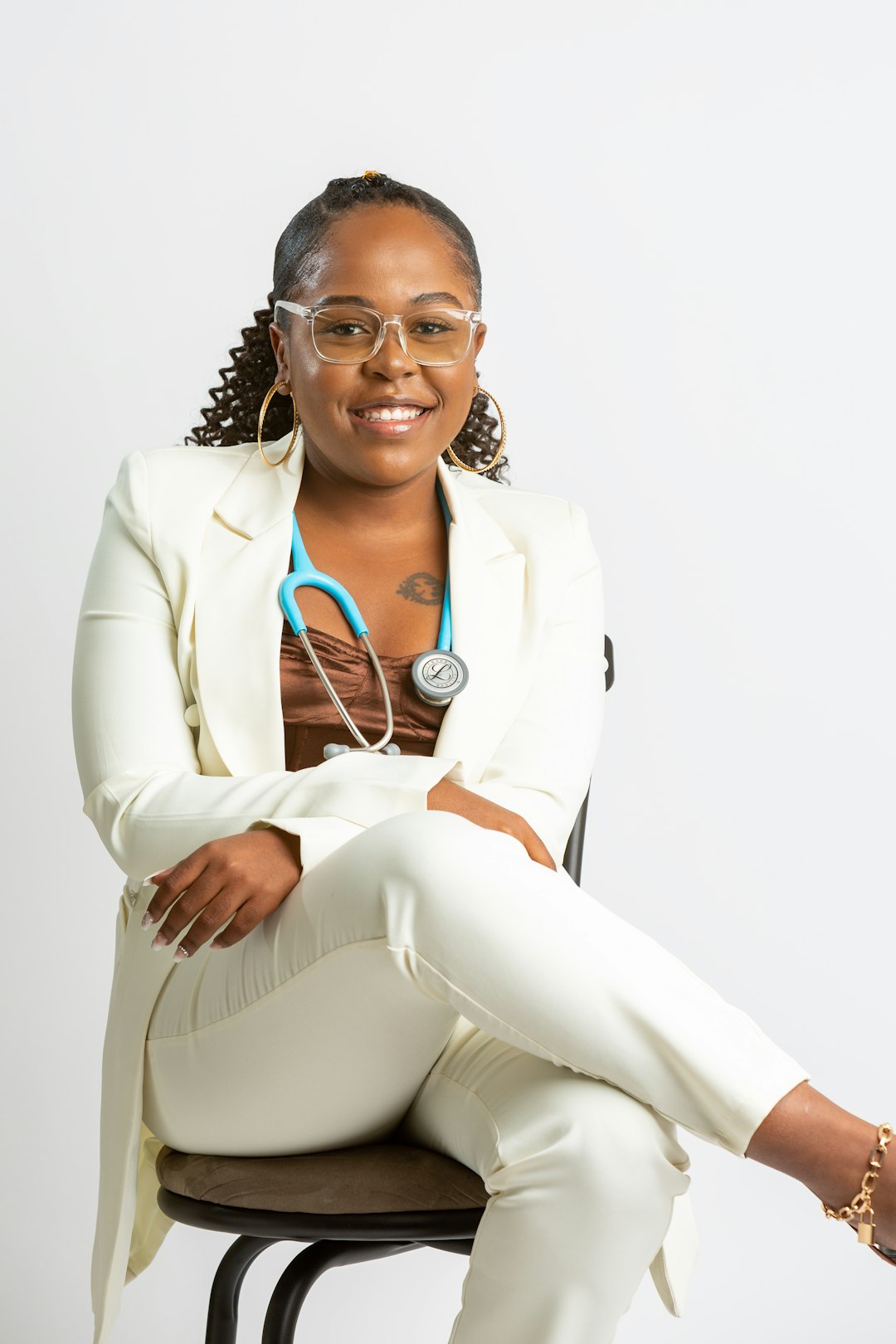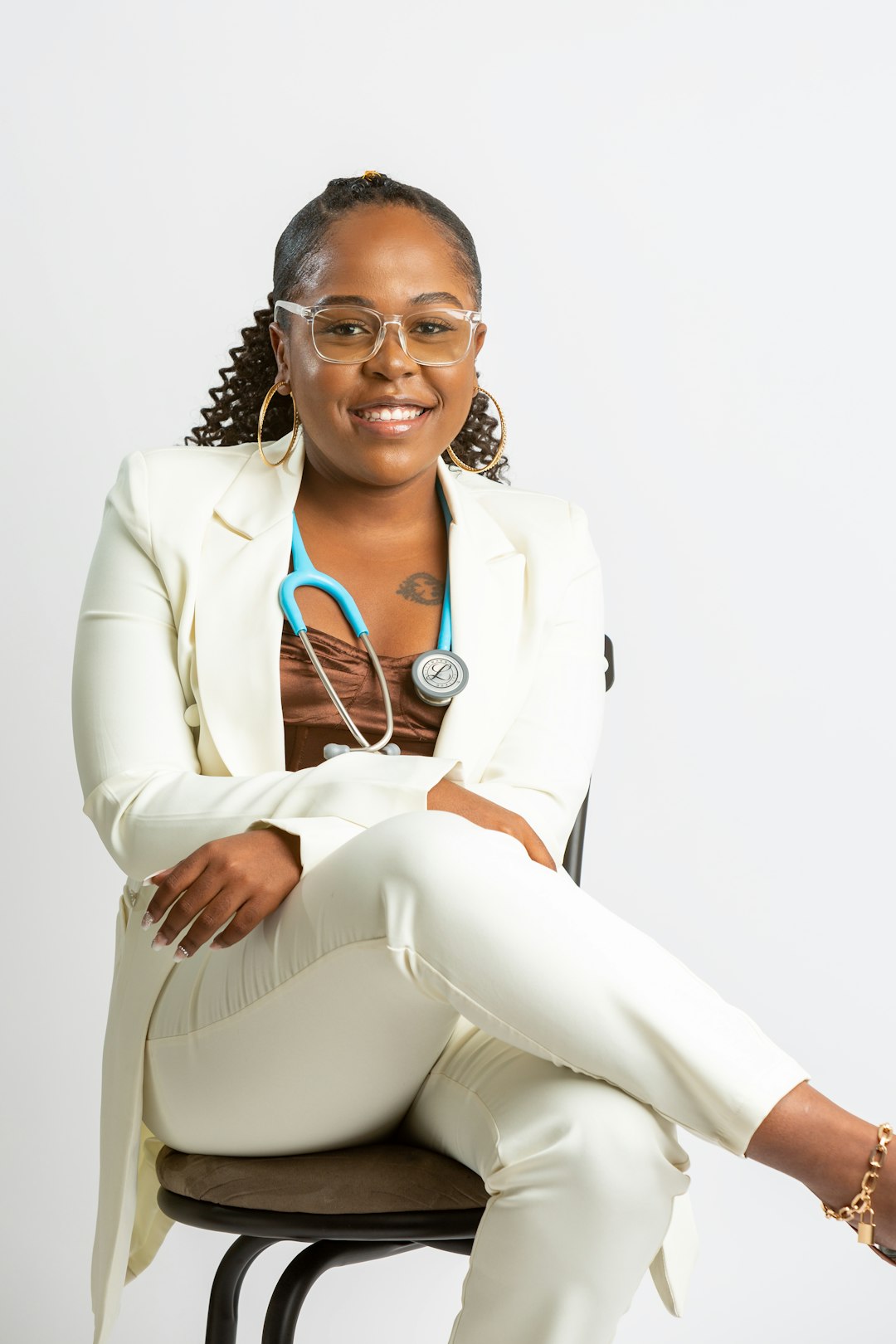After a sexual assault, finding reliable legal counsel is crucial. This guide aims to empower survivors in South Carolina by offering insights into their rights and navigating the legal process. Understanding your options is essential for seeking justice. We’ll explore what to look for in both medical and legal support systems, emphasizing the importance of a skilled doctor sexual assault lawyer in South Carolina. With each step, remember, you’re not alone—there’s help available.
Understanding Your Legal Rights After Sexual Assault in South Carolina

After experiencing a sexual assault, it’s crucial to understand your legal rights in South Carolina. As a survivor, you have the right to seek justice and hold the perpetrator accountable. A doctor sexual assault lawyer in South Carolina can guide you through this complex process, ensuring your rights are protected. They will help explain the legal options available, including potential charges against the assailant and support you throughout any legal proceedings.
It’s important to remember that in South Carolina, sexual assault is taken seriously, and survivors have resources at their disposal. A lawyer specialized in these cases can navigate the legal system, providing a safe space for you to share your story while advocating for your interests. They will assist in gathering evidence, interviewing witnesses, and preparing a strong case, ensuring a fair outcome in court.
What to Look for in a Doctor and Legal Counsel for Effective Support

When seeking trusted legal counsel and medical support after a sexual assault, it’s crucial to choose professionals who have experience and sensitivity in handling such cases. For legal representation, look for a South Carolina doctor sexual assault lawyer who specialises in criminal law and has a proven track record of successfully defending clients facing sexual assault charges. They should offer a compassionate yet robust approach, ensuring your rights are protected throughout the legal process.
In terms of medical care, it’s essential to find a healthcare provider who understands the complexities of sexual trauma. This includes doctors or nurses trained in conducting thorough examinations, documenting evidence, and providing immediate and long-term care tailored to survivors’ unique needs. They should also be able to offer confidential services and refer you to specialised support networks for ongoing healing and recovery.
Navigating the Legal Process: Steps After Reporting Sexual Assault







